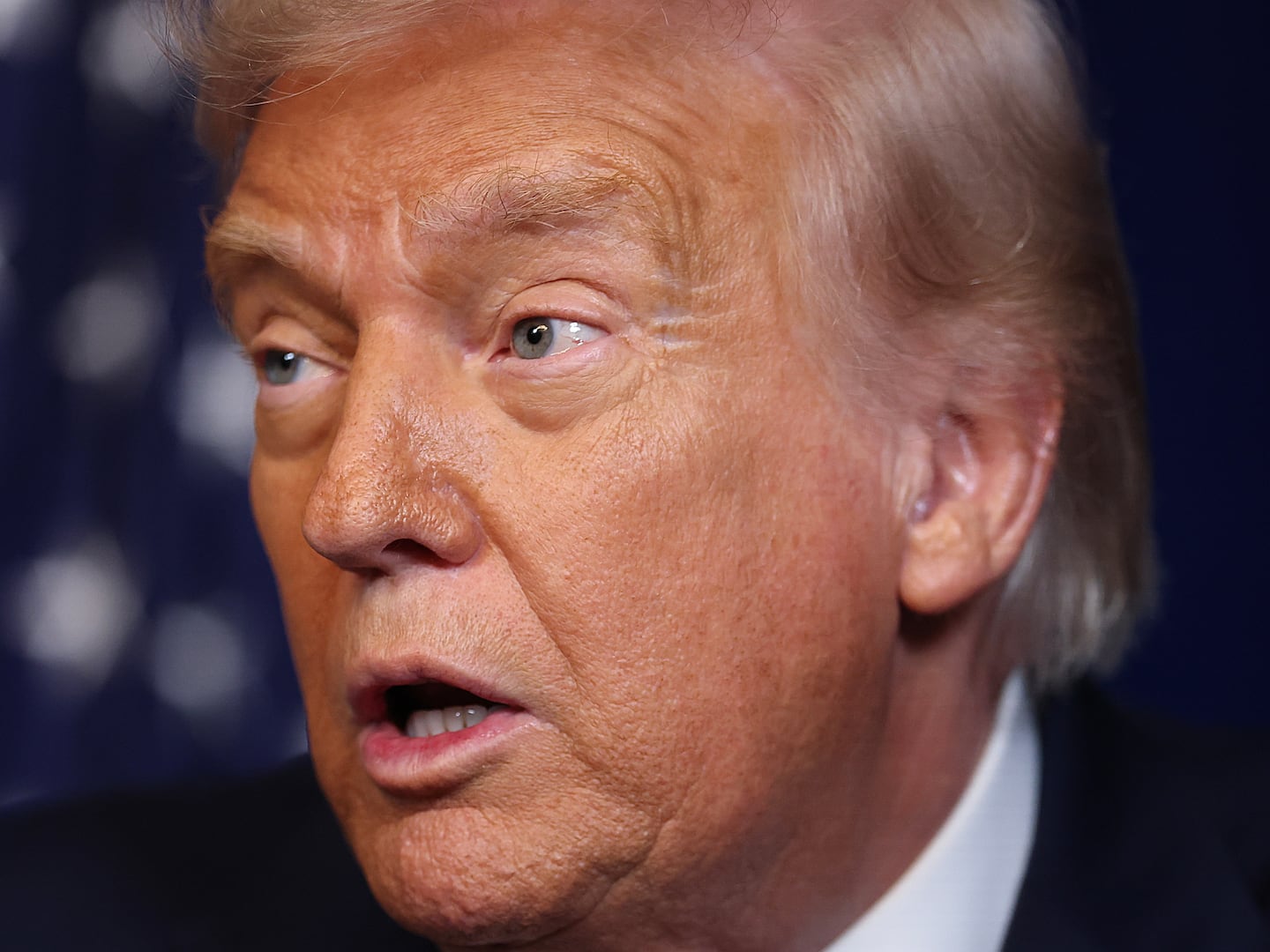
Ever since Sen. Majority Leader Harry Reid announced last week that his health-care bill would include a government-run insurance plan, he has been scrambling to secure a 60-vote consensus to bring the bill to the Senate floor for debate.
Sen. Joseph Lieberman (I-CT) has long been seen as a major stumbling block to Reid’s success, and has vehemently opposed any bill that included the so-called public option. But Reid’s comment last week that Lieberman was “the least of Harry Reid’s problems”—combined with The Hill’s report this week that the two had reached “a private understanding” that Lieberman wouldn’t block a final vote—has given momentum to Reid’s agenda.
While Reid doesn’t seem to have locked up his 60 votes, he has put his leadership on the line, and his behind-the-scenes machinations cannot be underestimated.
Lieberman’s support, as the 60th vote, is seen as crucial to avoiding a Republican filibuster. Both camps have denied that any agreement has been reached. But congressional insiders say the notoriously unpredictable Lieberman is uncharacteristically loyal to Reid. What has gone “unsaid,” as the Las Vegas Sun reported, “was that Lieberman owes his committee chairmanship (Homeland Security) to Reid after the majority leader declined to punish him—as some Democrats wanted—for his support of Republican Sen. John McCain in last year’s presidential election.”
Reid’s motives have been attacked from the right as a political ploy to shore up his liberal base in Nevada, where polls have shown him trailing in his 2010 reelection bid, and where nearly two-thirds of Nevadans favor the public option. Political observers in Nevada discount such blatant pandering. “I seriously doubt that anyone on the left is dumb enough to vote for anyone in this race against Harry Reid,” said Michael Green, professor of history at the College of Southern Nevada. Las Vegas blogger Steve Sebelius pointed out that “Reid has been saying for months that a public option would be part of the final package. It would have been easy to go back on that promise—certainly, President Barack Obama did, saying on the campaign trail it would be part of the plan, but later saying it was entirely optional.”
A Reid spokesman said the senator has “supported the public option for months,” and that “it was only recently that national pollsters came back with research indicating just how strongly people support the public option.”
While Reid doesn’t seem to have locked up his 60 votes, he has put his leadership on the line, and his behind-the-scenes machinations cannot be underestimated. “There is no better vote-counter than Reid,” Green said. “I don’t know if he has the votes. But I think he thinks he can get them, or put those who oppose him in a very unpleasant position.” Reid’s plan includes a provision that would allow states to decline participation—a brilliant maneuver crafted by Sen. Charles Schumer (D-NY) that shifts the onus to Republicans and centrist Democrats who traditionally clamor for states’ rights and will be hard pressed to vote against a bill that gives states the option to opt out.
“If polls show that the public wants a public option and most of your colleagues want it, you are courting political trouble if you vote against having a vote on the bill,” said Green. Sen. Olympia Snowe (R-ME), the only Republican to vote for any version of a health-care reform bill, has indicated she will join in filibustering the bill because of the public option. “Did she learn from the New York 23rd District election that being a moderate Republican is a lot like being a woolly mammoth?” asked Green.
Meanwhile, Reid’s political campaign for re-election has received a major boost, after the front-runner GOP challenger recently laughed off an attempt on Reid’s life back in 1981. Sue Lowden, former Nevada Republican Party chairwoman, joked about the assassination attempt that occurred when Reid was chairman of the state Gaming Control Board. An explosive device that had been placed under the hood of Reid’s car failed to ignite. Lowden’s bizarre jesting—which she has subsequently denied—has all but eliminated her as a serious contender in the 2010 Senate race.
At the time of the botched murder, Lowden was a news reporter at KLAS TV, the CBS affiliate in Las Vegas. She was a close friend of the city’s preeminent investigative reporter covering the Mafia-related violence then pervading the city, and also was dating her future husband—a casino owner. In a recent interview, Lowden claimed never to have heard about the bomb. “If Lowden hadn't been a television news reporter then, her memory lapse would have been understandable,” wrote Las Vegas Review Journal columnist John L. Smith. “If she weren't married to casino man Paul Lowden… who climbed the casino ranks at a time… [when casino] executives were getting blown up, indicted, and running for their lives.”
Lowden’s extraordinary gaffe was an unexpected boon to the Reid campaign. Just as the GOP media blitz attacked Reid for not being “tough enough” to solve Nevada’s problems, Reid was portrayed as a fearless opponent of organized crime who put his life on the line to fight corruption. As the FBI and Las Vegas police corroborated the dramatic events, Lowden’s own credibility and stature crumbled, leaving Republicans once again without a viable challenger to Reid, freer than ever to pursue his 60 votes in the Senate.
Sally Denton is a writer based in Santa Fe and author of six books, including The Money and the Power: The Making of Las Vegas and Its Hold on America and the forthcoming The Pink Lady: The Many Lives of Helen Gahagan Douglas (Bloomsbury Press).






